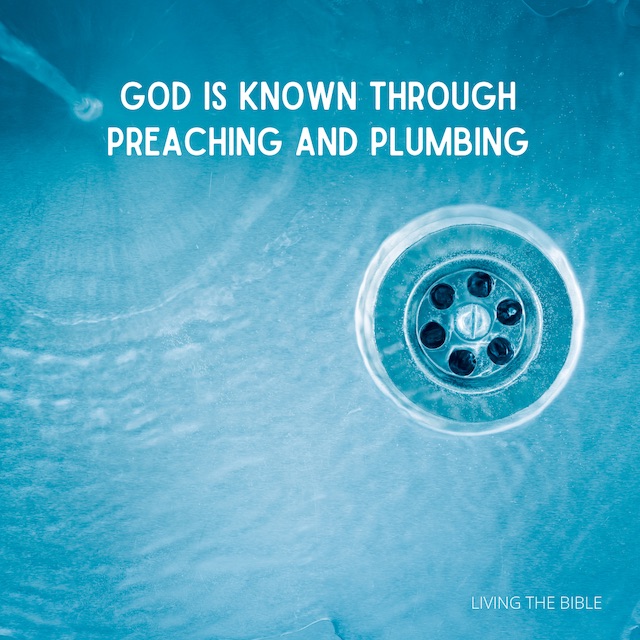
Notes. Podcast. Instagraphics. Website. iTunes. Spotify
We tend to go to extremes when dealing with sin in others. We can excuse it too easily or we can execute too harshly. That’s true in our families, in our friendships, in our churches, in our workplaces, and in our judicial system. Whether we excuse it too easily and execute too harshly, the end results are the same. We add sin to sin, we do no good to the sinner, and we do not glorify God. In Exodus 32:15-35, we can observe and learn from Moses’s response to the Israelites’ sin of idolatry. He punished sin and prayed for sinners.



